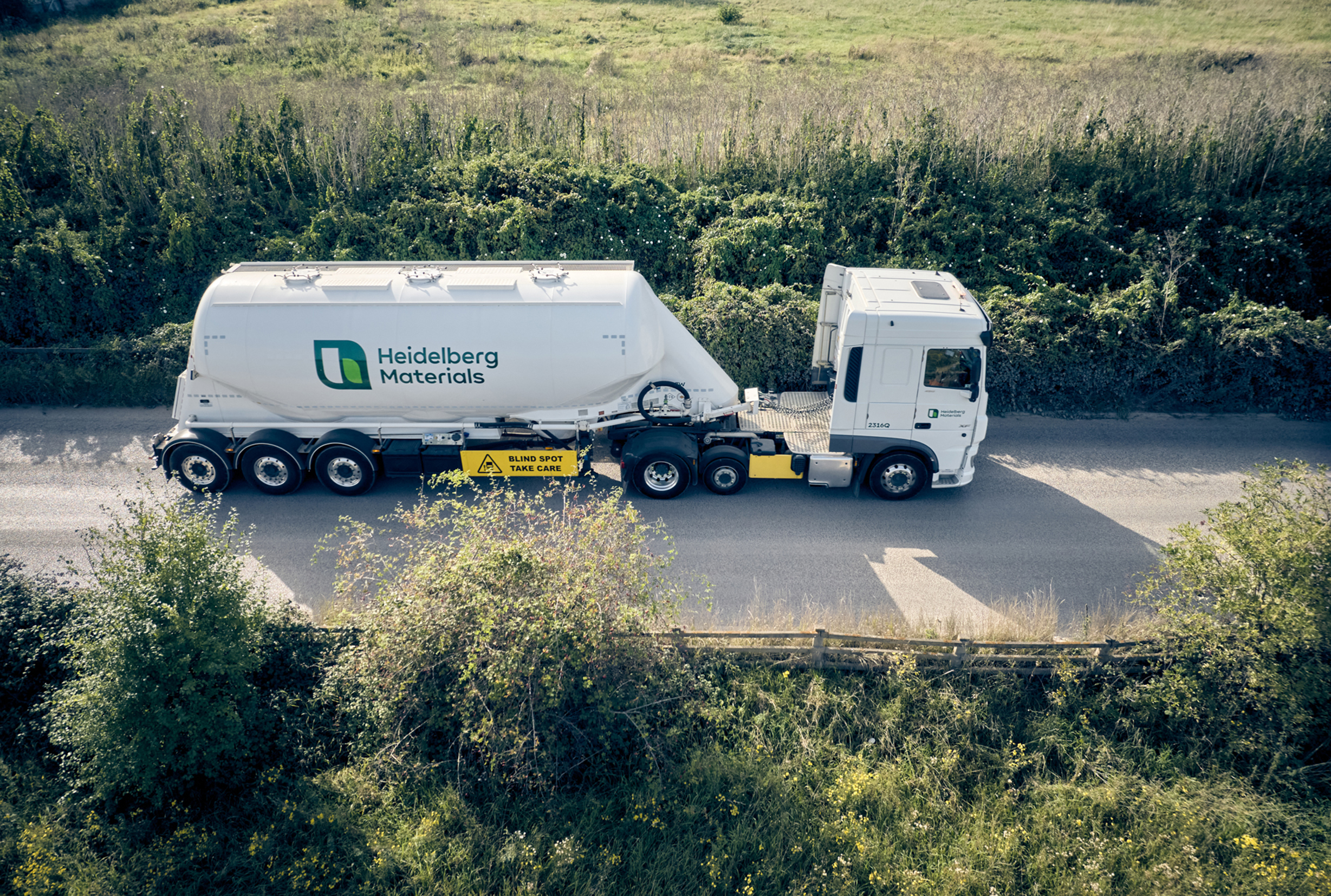HEIDELBERG Materials’ Ribblesdale cement works in Lancashire is taking part in a groundbreaking project to establish the feasibility of using ammonia as a source of hydrogen for use as a fuel in cement kilns.
The 12-month project with engineering consultants Stopford and Cranfield University has been awarded funding by Innovate UK through its UK Research and Innovation (UKRI) fund.
This research builds on the success of a previous project at Ribblesdale which saw a world-first demonstration using hydrogen as part of a net zero fuel mix to power a cement kiln.
The new project will explore the potential use of ammonia as a low-cost, low-carbon hydrogen carrier, evaluating the most efficient method of ‘cracking’ the ammonia on-site to release the hydrogen for use as a fuel in the kiln.
“We have already proved the success of using hydrogen as part of a lower carbon fuel mix, but its storage and transportation are technically challenging and, at present, costs are prohibitive,” said Marian Garfield, Sustainability Director at Heidelberg Materials UK.

“Ammonia potentially offers a more energy-dense, cost-effective source of hydrogen that could be used as a fuel enhancer to allow the use of lower grade waste-derived fuels to power the kiln and cut CO2 emissions.
“It is yet another example of our involvement in breaking new ground as we continue our decarbonisation journey. If the project is successful, further work can be carried out to explore the commercial viability of using ammonia as a hydrogen carrier for combustion within cement manufacturing as well as other industries.”
Heidelberg Materials is one of the world’s largest integrated manufacturers of building materials and solutions with leading market positions in cement, aggregates, and ready-mixed concrete. It’s represented in more than 50 countries with around 51,000 employees at almost 3,000 locations. At the centre of its actions lies the responsibility for the environment.
As the front runner on the path to carbon neutrality and circular economy in the building materials industry, they are working on sustainable building materials and solutions for the future.
In the UK, Heidelberg Materials (formerly Hanson UK) is split into five business lines – aggregates (crushed rock, sand and gravel), concrete, asphalt and contracting, cement and recycling – which together operate around 280 manufacturing sites and employ more than 3,500 people. heidelbergmaterials.co.uk



